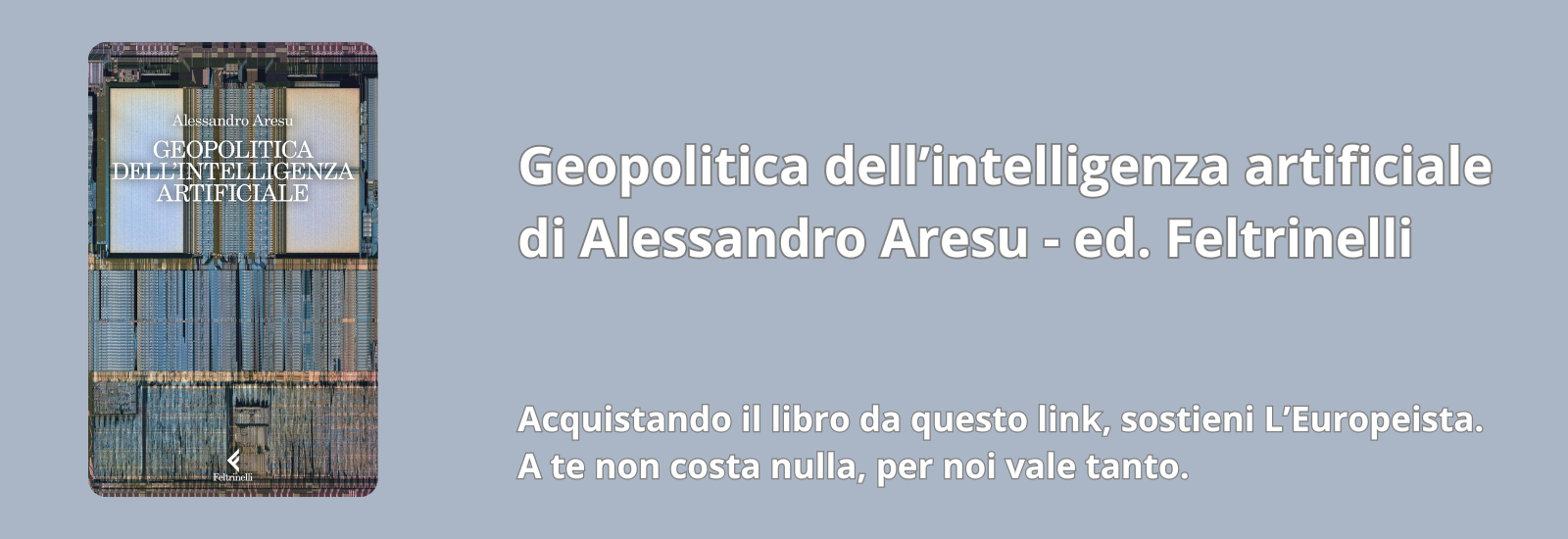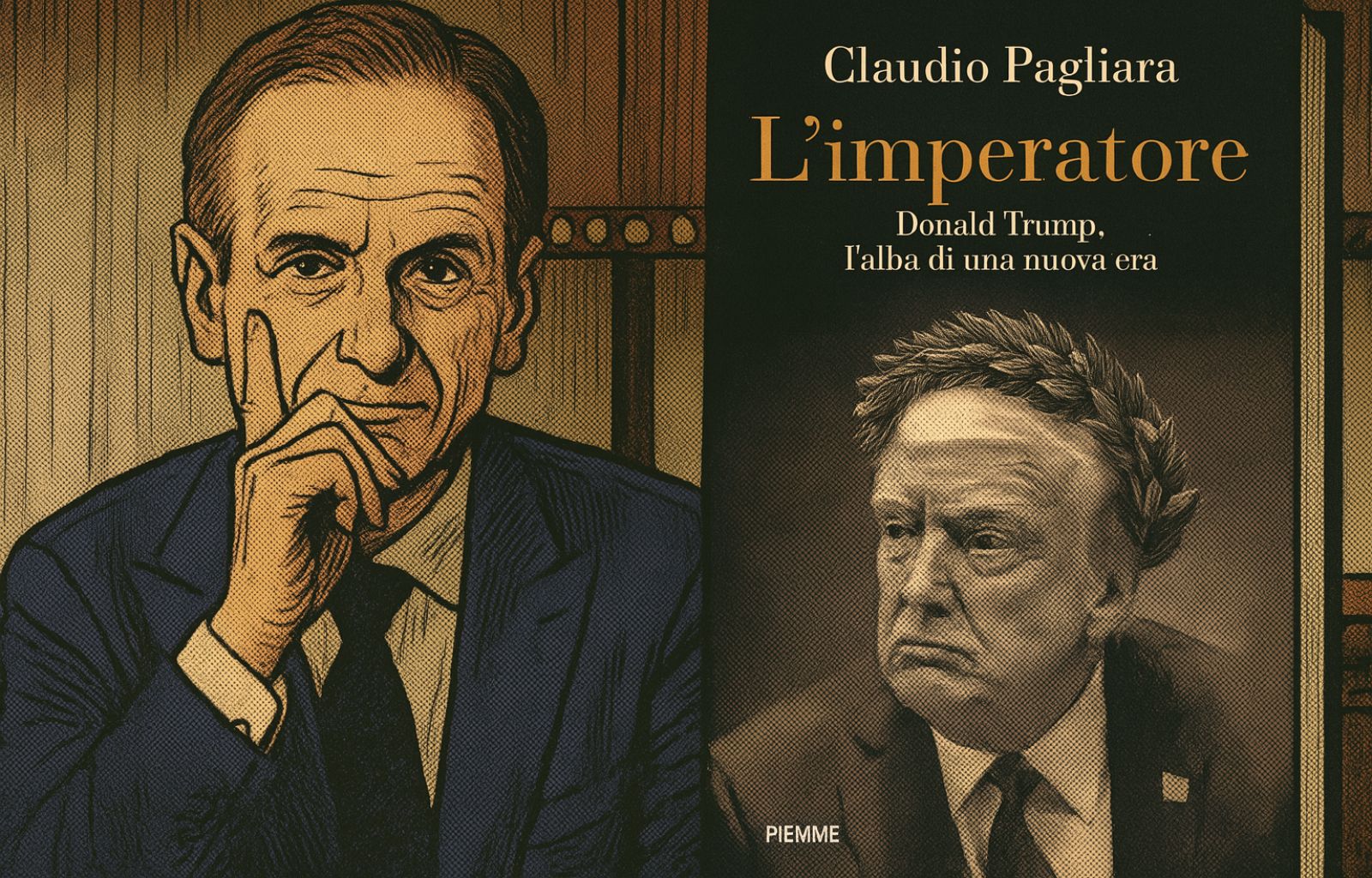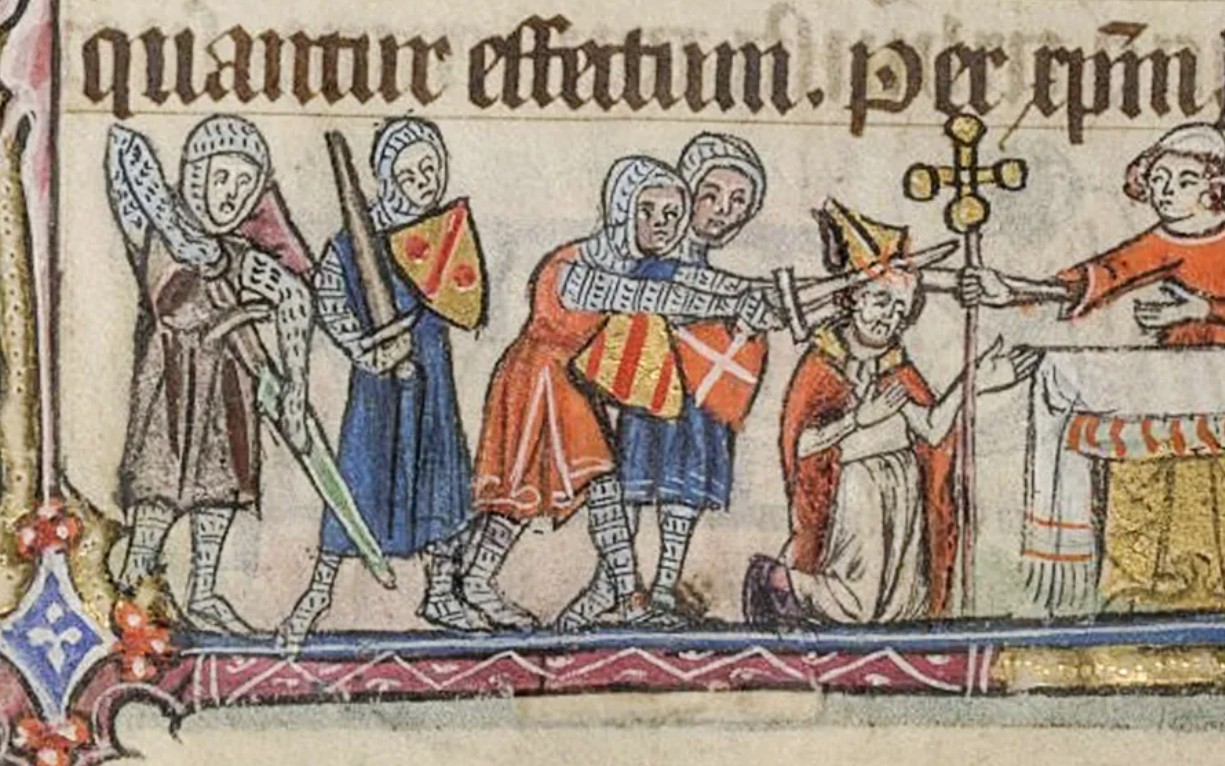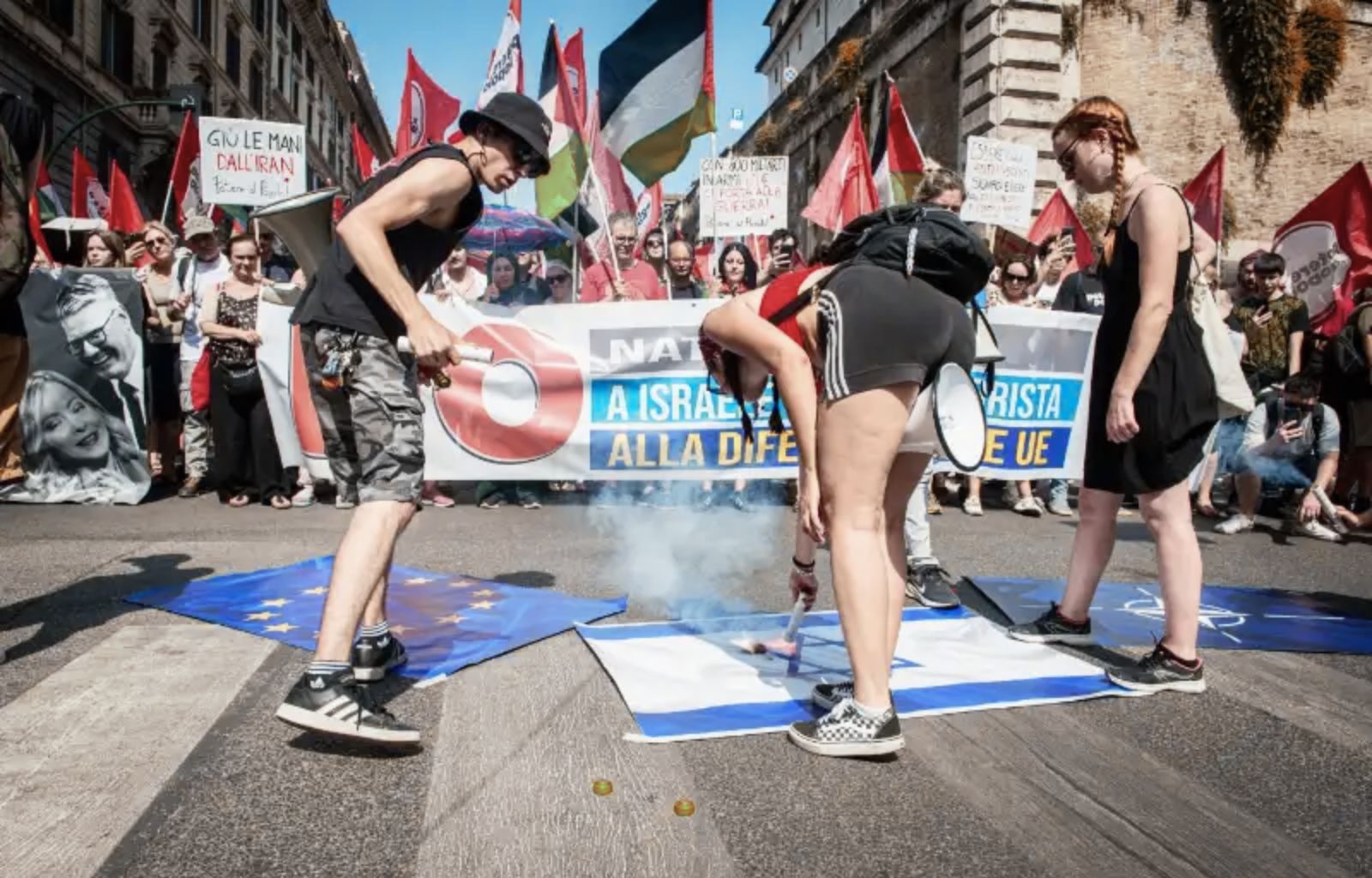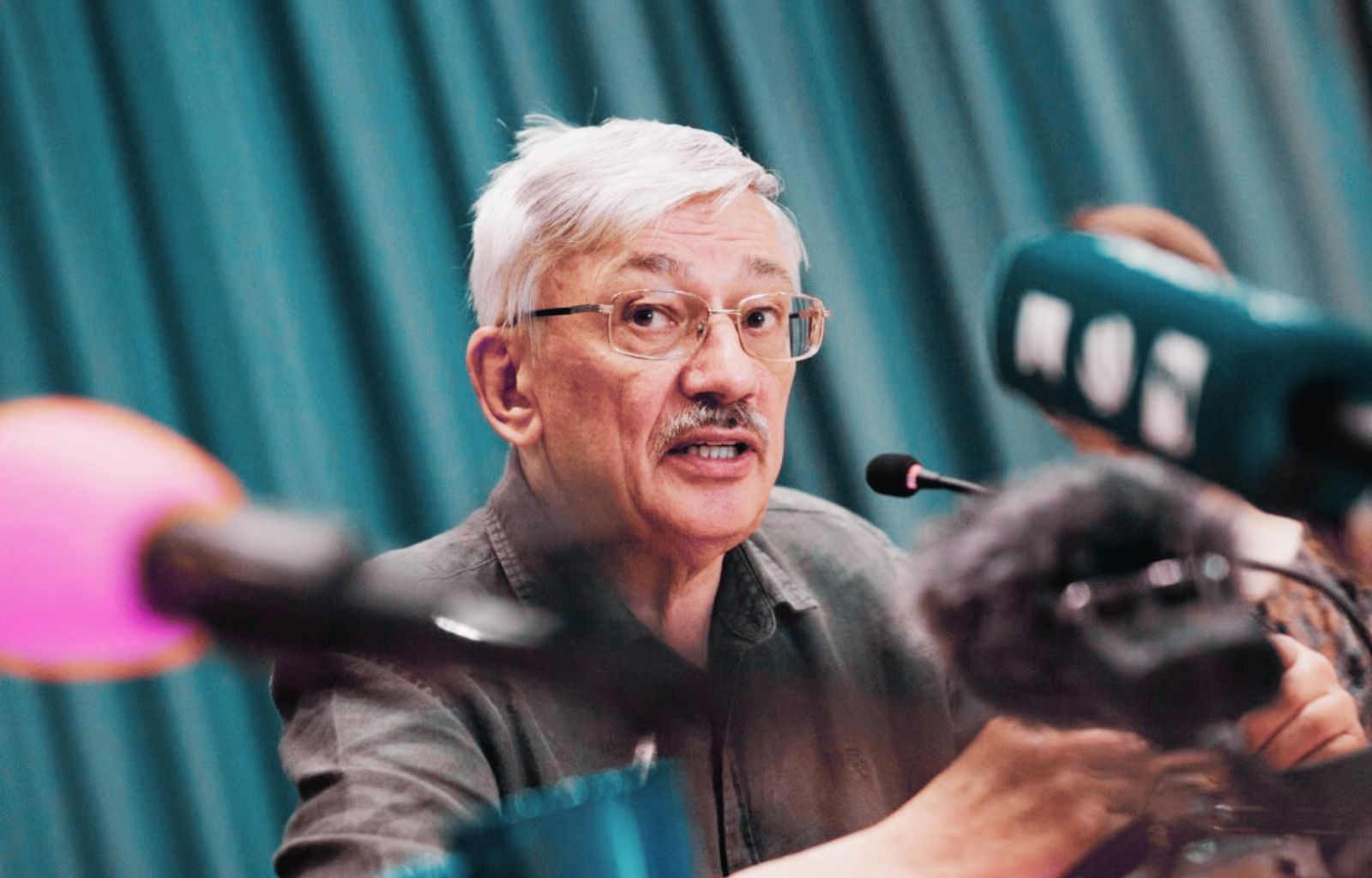Ernesto Nathan: The European who led Rome

‘Rome caput mundi‘: this is how Marcus Anneus Lucan in his Bellum civile celebrated the eternity and power of the city, capital of the West and cultural and political heart of the continent.
Precisely today, as Rome once again shines in the international spotlight with the Jubilee 2025, it is fitting to remember the man who at the beginning of the 20th century embodied its glorious legacy, restoring Rome to a central role after centuries of decline.
A pragmatic dreamer who wanted to make Rome the nerve centre of modern Europe.
He was Ernesto Nathan, born in London in 1845, mayor of Italy’s capital from 1907 to 1913.
A singular education
The son of two Jewish parents, Sara Levi and Meyer Moses, Ernesto breathed the political effervescence of the 19th century from an early age. Indeed, the Nathan family was a point of reference for Risorgimento intellectuals exiled from Italy, first and foremost Giuseppe Mazzini.
Consequently, the theological principles of Judaism were combined in his education with Mazzini’s thought devoted to the ethical patriotism of free men. This combination of influences shaped a vision in Nathan that drove him to translate his ideals into action.
In spirit, he has always been attracted to active political work, guided by the far-sighted idea that conceives public administration as a means for the individual development of all citizens in a free and fair environment.

Commitment in Italy
He moved to Italy in his youth and, in line with his ideals, decided to combine his intellectual and political commitment. His significant Masonic activity in the Grand Orient of Italy, which led him to become Grand Master in 1896, went hand in hand with his application in the fields of journalism and political dialectics.
His rigorous ethical and secular conception of the state, a philosophical and practical synthesis of Mazzinian, Masonic, Jewish and Europeanist values, guided his career in Italy, until his appointment in 1898 as Capitoline councillor for public works and the economy.
Nathan in Rome
Nathan arrives in a Rome lost in its identity, capital of the Kingdom of Italy for less than 30 years and torn by internal conflict with the papal power ousted after centuries from leading the urbe. He set himself the ambitious goal of restoring lustre to the decadent Eternal City, promoting sustainable building growth and equitable development for all citizens, while maintaining rational rigour in the management of public accounts.
After a term as councillor, he led the union of reform forces (Radicals, Republicans, Liberals) to electoral victory and, with a memorable programme speech, took office as Mayor of Rome on 2 December 1907.
Nathan’s policies
The policies promoted by the first cosmopolitan and non-Catholic mayor of the urbe had the main merit of detonating the system of the clerical-noble apparatus that held the city hostage, propelling Rome into the new century. Interventions against building speculation and land rent with the 1909 land use plan, guaranteeing hygiene and public health, policies for free and quality education (tripling of state schools), municipalisation of the essential services sector (AEM-ATAC), new Budget Rationalisation Standards.
These are the most important interventions of the Nathan administration, a virtuous example of the synthesis of idealism and pragmatism, combined in an extensive vision of Rome at the centre of Europe.
The legacy of Nathan
Nathan translated Mazzini’s ideal of uniting European consciences into a concrete civic and political project, imagining a Rome as a cultural and economic protagonist on the continental scene, leading the other capitals of Europe.
“To look to the future… to a great Metropolis where science and conscience direct renewed artistic, industrial and commercial activities… because through the breach of Porta Pia we glimpse Europe‘; so Nathan on the occasion of his programme speech.
After the conclusion of his tenure, the century took a turn in the opposite direction to his ideals, with the outbreak of the Great War and the disintegration of the continent under arms.
A model of good governance
However, Nathan should not be seen as a preacher in the wilderness; on the contrary, his far-sighted work should represent for us pro-Europeans a model of good governance capable of combining vision and pragmatism, bringing collective well-being in a united, prosperous and fair Europe.
Perhaps, led precisely by a beautiful, functioning, eternal Rome.
